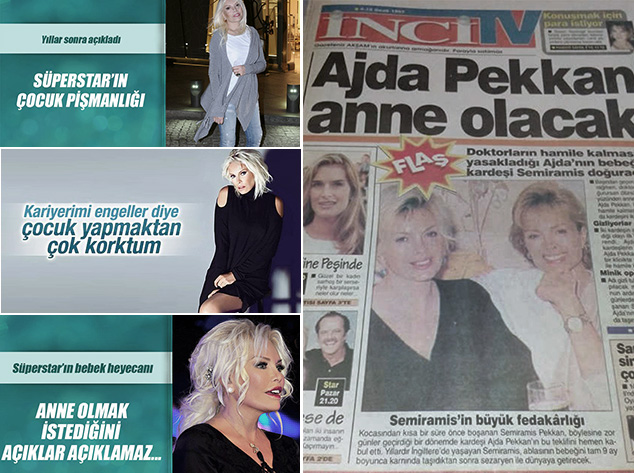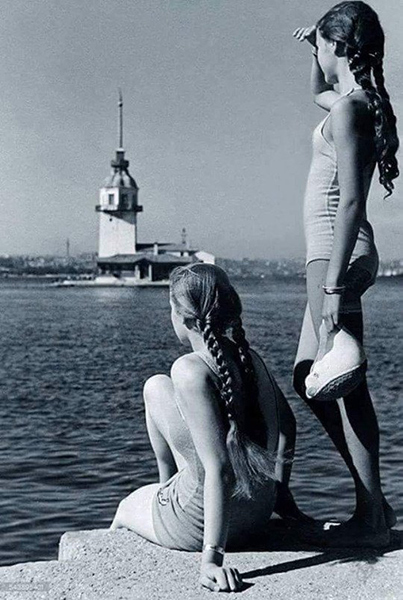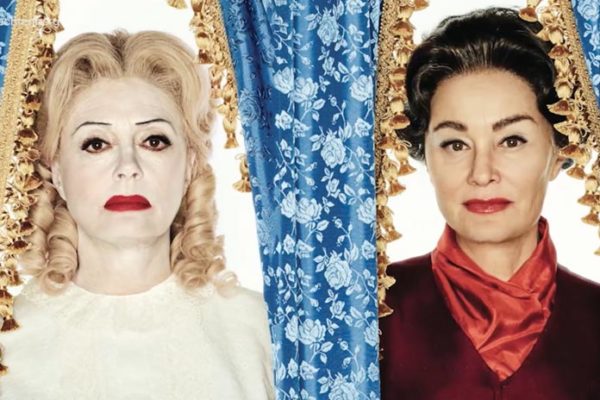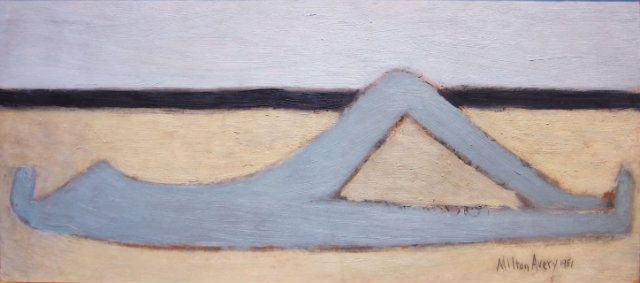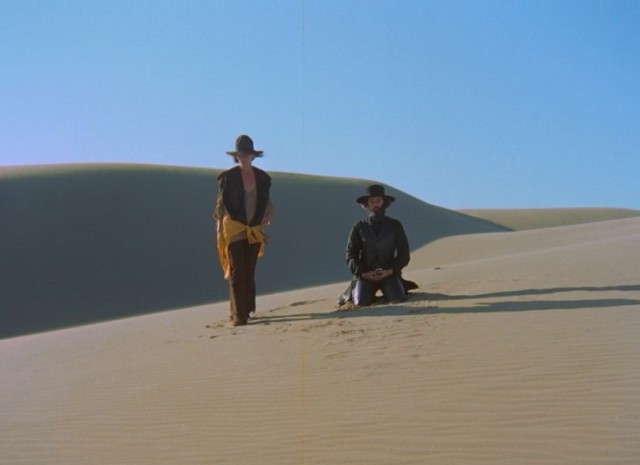Elif Batuman’s first novel The Idiot is out. It’s about Selin Karadağ, a doctor’s daughter from New Jersey, and her hilarious expeditions into life at Harvard, email and first love. Like Batuman, Selin Karadağ has Turkish parents that came to the US years ago. The story begins with her first year at Harvard and ends on a squeaky, half-finished golf course in Antalya. You have to read it.
Americans often ask me if I have heard of Elif Batuman. There’s excited anticipation on their faces — they clearly love her writing and hope I do, too. “Of course, she’s amazing,” I say. Then with a hair flick I add, “in fact, when we were first launching 5Harfliler, I got to meet her in Istanbul and told her about our project. She was super encouraging.” They are impressed.
Five years later I meet her again, this time to interview her for 5Harfliler and to finally ask her if I can keep bragging about our 15-second encounter to impress strangers.
Can I keep telling that story when people ask me about you?
Yes! I’m happy to be associated with 5Harfliler.
Which Turk or Turkish-American do they ask you about?
Orhan Pamuk.
You adapted The Idiot from a draft you wrote 17 years ago. What made you go back to it?
I was working on another novel that was set around 2000. It was about a Turkish-American writing for a New York publication. The novel was getting really complicated, and I kept having flashbacks and receding further into the past. At some point I found myself writing about the experiences that the character had when she was in college, and it was very hard to remember because that had been 20 years ago. And then I remembered that I’d written this whole novel about college so I went back and looked at that. As I was reading it, I realized that I had to write that book first.
And how did you feel when you first re-read it?
I put off reading it for a long time because I knew it was going to be embarrassing and painful. And it was quite embarrassing. Partly because being 18 is embarrassing. You’re constantly doing the wrong thing, and saying the wrong thing and misinterpreting things. But also because I realized that when I wrote the book at age 23, I still felt so deeply embarrassed by the things that I had done when I was 18, that I put a lot of effort into distancing myself from them. And it was showing. Stuff like “when we were young we were so foolish, and now that we’re older we realize…” was distracting when I re-read it. And the parts that were meaningful to me were the parts that I was ashamed of before, which no longer seemed shameful. They just seemed like natural parts of being younger. And that’s when I decided to call it The Idiot.
Early on in the novel Selin mentions her mother’s documentary project about foreign doctors in America who couldn’t pass medical exams and ended up being taxi drivers. Or doctors like her getting scooped by people at Harvard or Johns Hopkins. How much of Selin Karadağ ending up at Harvard is shaped by her mother’s experience in the US? Did Selin even have a choice?
There was a time when I was applying to colleges and my mom really really wanted me to go to Harvard, and a big part of that was seeing how it opened doors for people that were closed to her as a researcher. I wouldn’t say I didn’t have a choice, it is also based on the kind of person I was. But yeah, the extent to which we’re living the lives that our parents didn’t live is definitely a rich subject.
I wanted to go to the University of Chicago because I had a scholarship. It was going to be free, and Harvard was expensive. They weren’t giving financial aid, and I didn’t want to owe that much to my parents. My mother was like, “no you’re going to Harvard. I’m going to borrow from my retirement.”
When Selin describes the Pink Hotel story she was trying to write based on a vacation she had with her mother, she refers to herself as “an American teenager, the world’s least dignified kind of person.” I laughed out loud at that but then I thought, I was a Turkish teenager and I certainly was not dignified. Is it even possible to be a dignified teenager any place where the concept of “teenager” exists?
Teenager is kind of a bourgeois concept because in lots of cultures you’re just an adult when you’re a teenager. Teenager implies that you’re basically adult age but you’re under adult supervision and adult support. So yeah, maybe it is an inherently undignified position to be.
Teenager is also a description of an age by older people. And it has this lack of agency and this indebtedness in it. You would read novels about 15 year olds out in the world seeking their fortune, and those aren’t teenagers. Romeo and Juliet aren’t teenagers. Even though technically they are.
What exactly do you mean by dignified?
I actually meant it as, nothing that happened to me was important or interesting. When I went to Turkey and I saw my cousins’ lives, I felt like there was some more authentic drama. Maybe not all my cousins’ lives, but my cousin who lived in Adana seemed like she had real problems. She had to deal with serious adult issues when she wasn’t adult age. I think I also compared myself a little bit to my parents. My mother skipped a grade in school and went straight to medical school. So when she was 17, she was dissecting cadavers. Whereas when I was 17, I was still just reading these books that adults had chosen for me so I would learn something, like “hadi bakalım, now you think.” I was an only child so I was very conscious of the fact that my parents were living their real life and I was living a fake experience that they had designed for me. It was like a theme park or something. I didn’t like that. I wanted to do real things that mattered.
When my mother read in an interview somewhere that I envied her for dissecting corpses at 17, she said to me, “I missed my childhood. I was dissecting those corpses and I didn’t know anything. I didn’t have an education and you learned all these things.”
The “I was an American teenager” bit reminded me of something. When they ask me here where I’m from, I never just say Istanbul. I always add a Turkey after it.
Some people don’t know, yeah.
Exactly. And you get used to that people may not know that here. I’m never offended by it. But one time, I did that and it was at a party full of Harvard people.
Oh!
…And this one guy very seriously said, “I know where Istanbul is.” It just seemed so weird to me that he needed to correct that. Because, first of all it’s such a dumb piece of knowledge to be proud of having…
Yeah. And to be insulted by!
But after I read your novel, it made me wonder, does Harvard maybe signify for these suburban middle class white American kids that they’ve finally overcome their “American-ness”, or that they’ve overcome the insularity of suburban America?
That’s such a moving story. He was just not thinking about what it’s like for you to have to answer this question all the time, and that you didn’t tailor an answer just for him. He tried so hard to get away from something and people from outside the US just see him and think “you belong in the country that is represented by Trump.”
I think Harvard people, or maybe not just Harvard people, certain intellectuals are a little special about… Like, the worst thing you can do is to not correctly gage their exact level of knowledge about something. But I think when I was younger I might have had that, too. People would tell me things that I already knew, and I would feel somehow hurt.
In the emails between Selin and Ivan, we see this desire to be loved and the desire to impress – or to outsmart. And those two desires often sabotage each other. How much of this has to do with the school they’re at?
Yeah, you have these young people like Ivan and Selin who feel particularly lucky to be at this fancy school, who are particularly conscious of the opportunity. The thing that got them the most positive reinforcement in the past was being as smart as they could. And a lot of these kids are much more experienced in doing well on tests and seducing teachers with their intellect than they are with actually forming loving relationships with each other. They conflate that. They think that’s going to get them love. Which is very sad actually.
But you know, for years, when I was in relationships, something wouldn’t be going well and I would lie awake at night, thinking of the argument, and I would solve rationally in my mind the problem of why I had acted the way I had, and he had acted the way he had, and why I was right. And then I would want to explain that to him. It felt to me that if I explained it to him, he would read it and understand and things could be good between us again. It took me years to understand that that’s the worst thing to do. Even if you could explain to someone why you were right, that wouldn’t make them love you, that would just make them annoyed. Being happy and being right are often not the same thing.
Are there any plans to translate The Idiot into Turkish?
Yes. Yapı Kredi Yayınları bought the rights. I don’t know who’s going to translate it. There’s no way I could do it.
Were you involved in the cover at all?
They asked me what I imagined on the cover. I told them a person with a boulder or a block of concrete for a head.
The thing that surprised me was the pink. At first I was kind of upset about it. Because there’s this cliché, it’s a woman’s novel, so it’s pink, and there’s a handbag in the middle. I thought, “I made certain life choices and made sacrifices in my life not to have a pink novel. I’m almost 40 years old, this is not how I imagined it going…”
Then they sent me the other colors, and they just weren’t as good. I realized the pink and the rock were in a dialectic with each other. I remembered the pink hotel that Selin wrote about and those sick women who were stuck in that hotel. Maybe in some way the pink-ness is the girly-ness that Selin is really uncomfortable about in various ways throughout the book.
Yeah, Selin is very open about that. When she wins first prize at a literary contest and the jury assumes from her writing that she’s a boy, she’s very happy about it. What was your intention in including that?
You know, that has happened to me before. I went on an internet date with a guy who started quoting to me from an article I had written in the New Yorker. I said, “I know! I wrote that article.” He was like “no, it was written by a man!” So it happened to me that people would read my name and think that I was a man. And I did always kind of like that. It’s sad that I liked it.
Why do you think you liked it?
I can’t think of how to answer that in a way that doesn’t sound misogynistic. When I grew up in the 80s, most of the books that I read, I read because my mother had them. And she had a lot of short story writers like Ann Beattie, Jean Rhys, Lorrie Moore, Joan Didion… A lot of these women wrote in a way that seemed somehow passive and alien to me, reactive in a way. The way they would write just the phrase “my husband… my husband did this” would sound somehow put upon. When men wrote “my wife”, that wife was never threatening in the way that a husband was. And my favorite writers weren’t contemporary. They were older writers, and therefore they were men. So I think I associated a kind of freedom with a male voice. When people thought that I was a man, I thought that it meant that I didn’t have this broken-ness that I felt sometimes in reading writing by women. Which I’ve been very happy to see diminished in recent years. Today I think it’s actually much harder than it used to be to tell from someone’s writing their gender.
And there’s also pride in being a woman and thinking “I’m still a woman but I’m achieving on the level of a man.” Like in a movie, someone’s sword-fighting, and then they take off their hat and you realize it’s a woman.
Continued in part two: what she’s currently working on, the July 15 coup attempt, and why we need annoying Levin to understand Anna Karenina.



